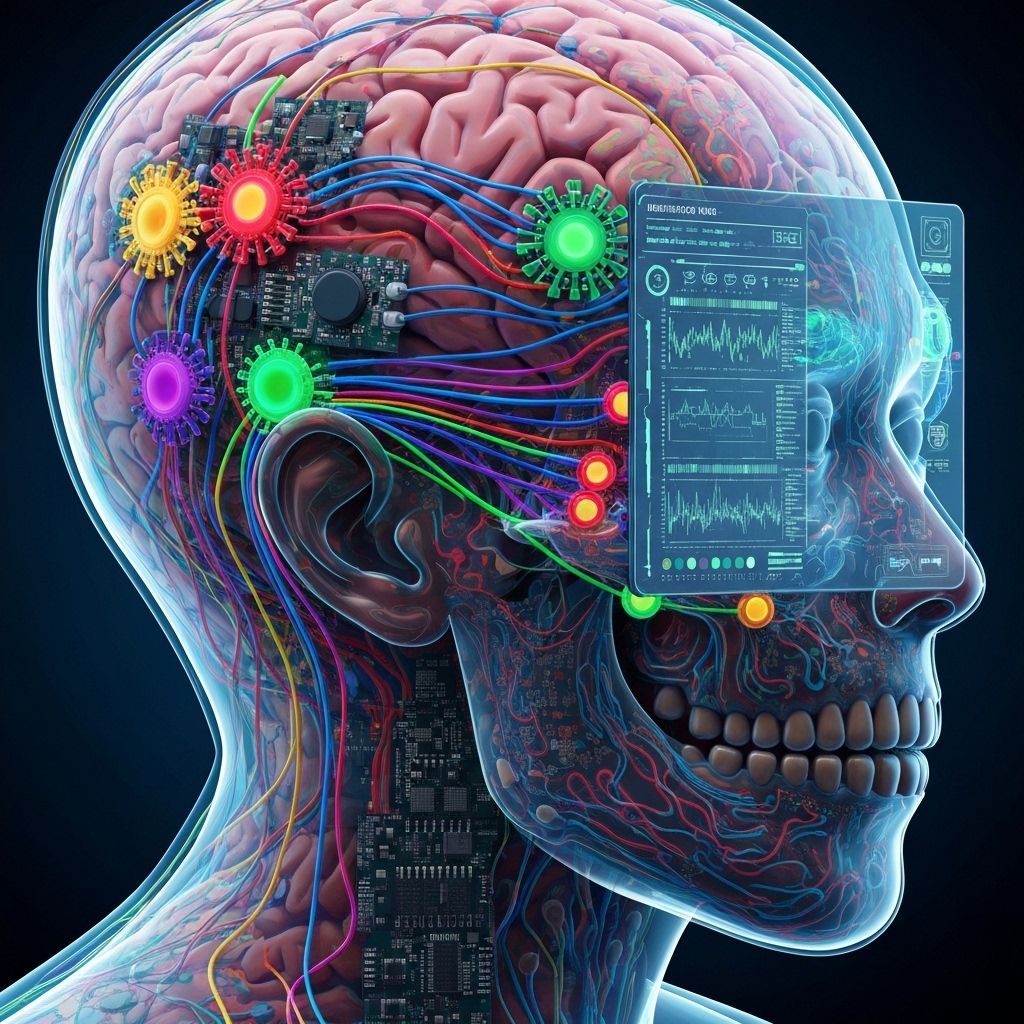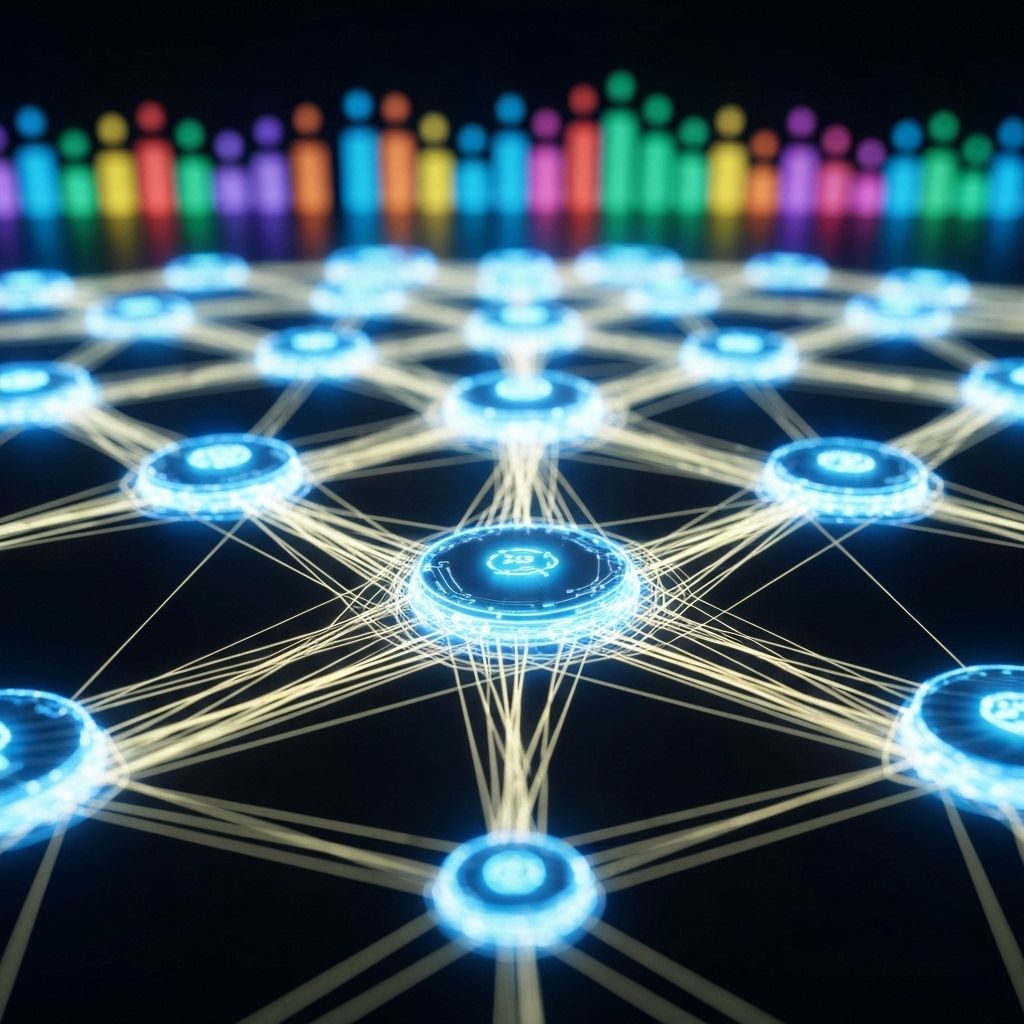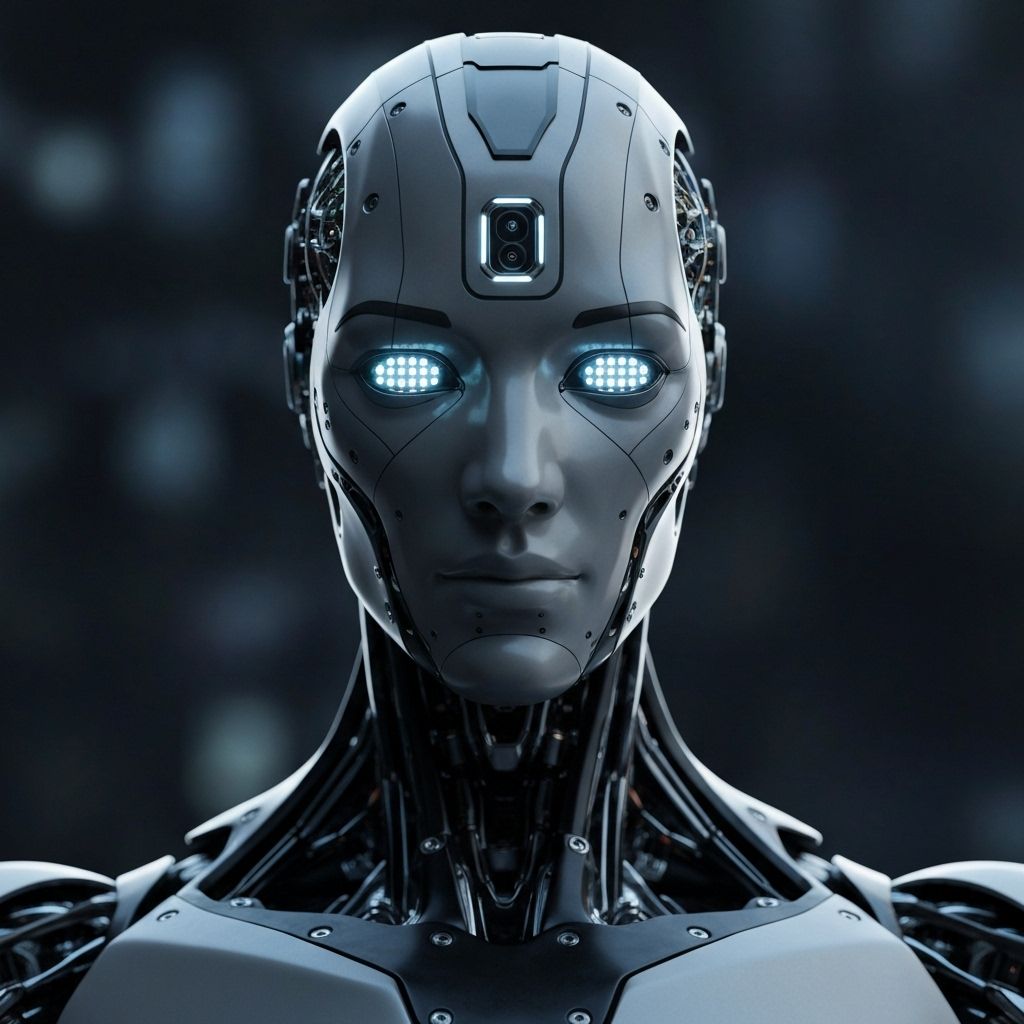Neural Interfaces: Brain-Computer Integration Reaches New Milestones
Breaking coverage of the latest advances in brain-computer interfaces and their potential to transform healthcare and human-computer interaction.

Brain-computer interfaces (BCIs) have reached unprecedented milestones in 2025, bringing us closer to seamless integration between human cognition and digital systems. Recent breakthroughs in neural signal processing and implant technology are opening new possibilities for treating neurological conditions and enhancing human capabilities.
Revolutionary Advances in Neural Technology
The field of neurotechnology has experienced remarkable progress, with several key developments reshaping our understanding of brain-computer communication. Advanced neural implants now offer higher resolution signal capture and more precise stimulation capabilities than ever before.
Medical Applications
BCIs are transforming treatment options for patients with paralysis, allowing direct neural control of prosthetic limbs and computer interfaces. Recent clinical trials have demonstrated remarkable success rates in restoring motor function and communication abilities.
Cognitive Enhancement
Beyond medical applications, researchers are exploring BCIs for cognitive enhancement, including memory augmentation and accelerated learning. These developments raise important questions about the future of human intelligence and capability.
Challenges and Ethical Considerations
As BCI technology advances, researchers and ethicists are grappling with complex questions about privacy, security, and the nature of human consciousness. Ensuring safe and ethical development remains a top priority for the field.
The integration of neural interfaces into daily life represents one of the most significant technological frontiers of our time, promising to revolutionize how we interact with technology and understand ourselves.
About the Author
Emma Thompson
Neuroscience researcher at Johns Hopkins University, specializing in brain-computer interfaces and neural engineering.
Related Articles

Neural Interfaces: Brain-Computer Integration Reaches New Milestones

Sustainable Tech Revolution: Green Computing Solutions for 2025

Web3 Evolution: Decentralized Internet Infrastructure in 2025

Augmented Reality Workplace: How AR is Transforming Remote Collaboration

5G and Beyond: The Path to 6G Networks and Ultra-Fast Connectivity
